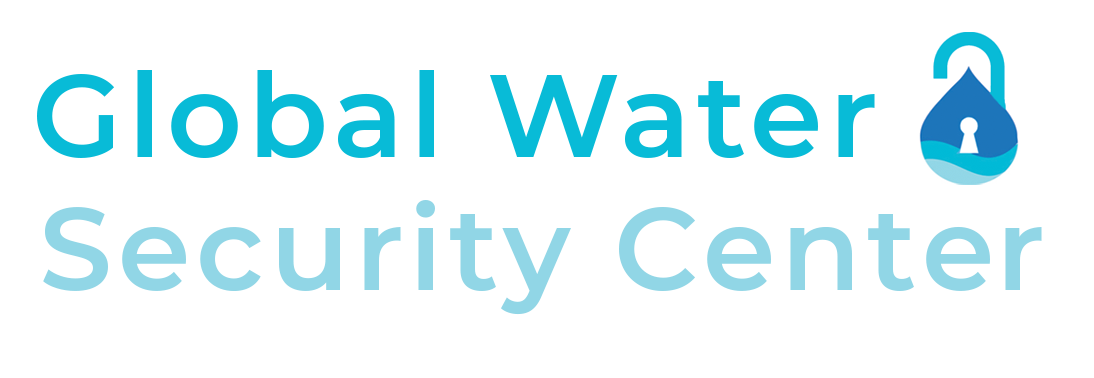This opinion article was written by Dr. Penelope Mitchell.
What if I told you more than 2 million people in the US live without access to clean water?
This might surprise many people because, in the US and other high-income countries, there is this notion that water access is universal, clean, affordable, and trustworthy. “Modern water” is imagined as uniform and is tied up with our democratic ideals of modern infrastructure.
The myth of modern water was brought to my attention at a recent workshop sponsored by the Household Water InSecurity Experiences – Research Coordination Network (HWISE-RCN). The HWISE-RCN, funded by the National Science Foundation, has helped push the bounds of water security research.
Water availability assessments at the state or regional level are typically used to gauge water security in a particular place. While this level of measurement is useful, it can mask the heterogeneity of water problems experienced within a population. A regional level of measurement does not tell us if household water is safe, reliable, sufficient, and affordable—components that are important for well-being and the ability to live a healthy, thriving life.
To get at this unknown dimension of water security, the HWISE-RCN set out to create a scale, the HWISE Scale, to measure household water insecurity experiences across cultural and ecological settings. This scale was initially designed and deployed in low- and middle-income countries. Now HWISE is extending the scale to perceive how household water insecurity is experienced in high-income countries to crack this myth of modern water with hard data.
Understanding these household water experiences can help elucidate complex pathways to poor health outcomes. In the US, water insecurity is more common for renters, people living in mobile homes, disaster migrants, those living in substandard housing, Native Americans, Black and Hispanic communities, and disadvantaged, unincorporated communities such as colonias (small unincorporated settlements on the US/Mexico border).
When we talk about water insecurity, water quality is a very important piece. Recent research discovered that when people perceive their water as unsafe, their dietary behaviors change. Tap water avoidance encourages higher bottled water intake (which is expensive), consumption of sugar-sweetened beverages (these are sometimes cheaper than bottled water at corner stores), and worse dietary diversity and feeding practices of young children. These behavior changes have implications for chronic disease. Moreover, research is being conducted to understand how household water security influences human capabilities, or in other words, a person’s ability to undertake activities they wish to, to live a ‘good life’ as they define it, and to flourish.
Overall, household water security is a vital dimension of water security. Recent scholarship has shed light on hidden pathways of insecurity and the important implications of these household water insecurity experiences. However, as research has progressed, so have household water security challenges related to climate change.
Heavy rainfall and flood events, droughts, extreme heat or cold, and wildfires all have implications for the way community water is managed and the regulatory exceptions that are granted during ‘extreme’ events that are becoming so much more common.
At the end of the day, there is a great need for more metrics to get at these complex experiences of household or individual water insecurity so that problems can be pinpointed in ways that can inform better interventions and policy making. If anyone wants to geek out on the wealth of literature on this subject, please see the HWISE-RCN pubs page!

